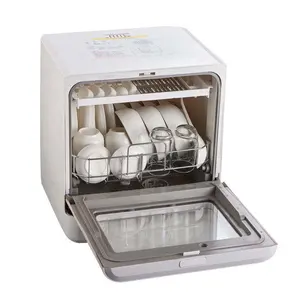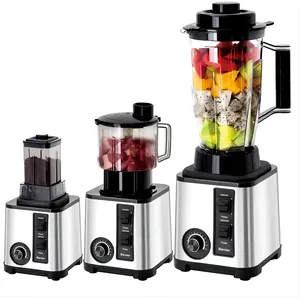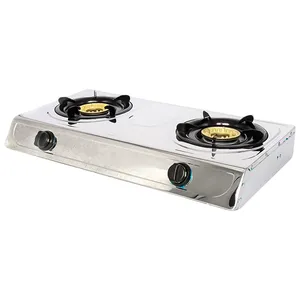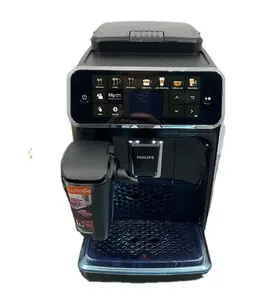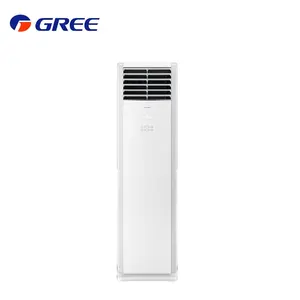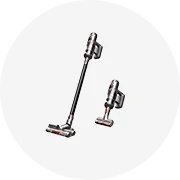Popular en tu industria









































































Categorías principales
Sobre equipos de gas lp
El nuevo equipos de gas lp de alta calidad. en Alibaba.com tienen diseños elegantes para mayor durabilidad. Estos productos tienen una productividad eficiente y un mecanismo de encendido rápido. Las medidas de seguridad son buenas con protección contra fugas de agua, electricidad y calor. El flujo de agua a través de las máquinas es constante, eliminando las sobrecargas. Temperaturas de calentamiento variables significa elegir el nivel adecuado de calor. El equipos de gas lp de ahorro de energía. tienen un consumo de energía considerablemente bajo.
Encendido confiable en el equipos de gas lp. de Alibaba.com permite un calentamiento más rápido. Un entorno seguro ofrece al usuario unas tranquilas sesiones de baño, sin miedo a sufrir accidentes. Las tarifas que fluyen mejor brindan una funcionalidad de servicio eficiente durante todo el día. Cuando las temperaturas son óptimas, no habrá accidentes por quemaduras o escaldaduras. El bajo consumo de energía le da al usuario tiempo para disfrutar de mejores servicios y ahorrar dinero en otras facturas de calefacción.
Al comprar el de alto rendimiento equipos de gas lp, se debe considerar el suministro de energía local. Los modos de funcionamiento de la máquina son fundamentales, para saber si habrá algunos tanques de almacenamiento para comprar o no. La frecuencia de uso es necesaria, ya que las diferentes familias tienen hábitos de consumo únicos. Encuentre salidas de escape perfectas para que los humos de calefacción escapen al exterior.
Los productos modernos en Alibaba.com cuentan con una mayor eficiencia en la tecnología utilizada para fabricarlos. Los precios inmejorables en equipos de gas lp. en la plataforma en línea son razonables para cualquier comprador. Aquí, los proveedores confiables ofrecen atractivas ofertas de ventas y garantías seguras. Una ducha tibia y refrescante está a un clic de distancia utilizando el catálogo en línea que ofrece la plataforma.
